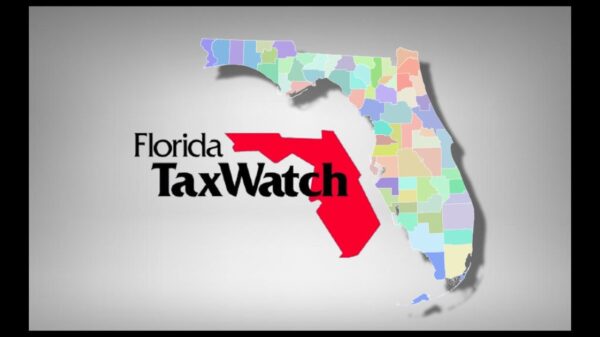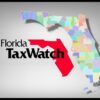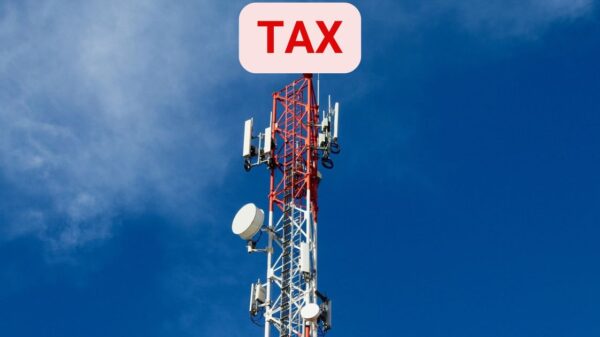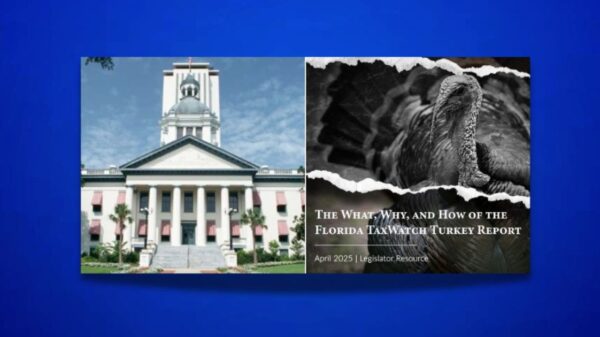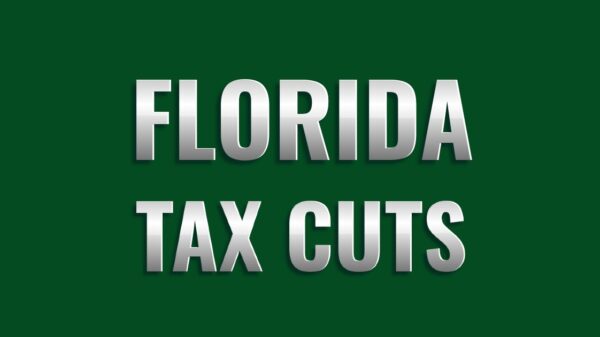Florida TaxWatch commissioned a Mason Dixon poll which was released on Thursday, showing 63 percent of Floridians support e-fairness legislation that would require out-of-state retailers to collect online sales taxes.
Currently, the burden falls on consumers, which costs Florida’s state and local governments over $1.3 billion a year, while also putting in-state retailers at a competitive disadvantage. For these reasons, this is an issue that Florida TaxWatch has been engaged in for more than a decade.
Florida TaxWatch President and CEO Dominic Calabro weighed in on the poll on Thursday.
“This isn’t a new issue, and it’s not a new tax, but it’s more important now than ever before to follow the majority of states that have enforced the Wayfair ruling. Florida is experiencing an unprecedented budget deficit, and enacting e-fairness legislation could go a long way in reducing other burdensome taxes – such as the Business Rent Tax (BRT) and the Communication Services Tax (CST) – bolstering our economy, and positioning the state to be as successful as possible in the post-COVID-19 era. That’s why two-thirds of voters believe it’s critical we pursue this opportunity to collect the online sales taxes that are legally owed,” said Calabro.
Florida is one of only two states in the nation that did not respond to the U.S. Supreme Court’s 2018 ruling (South Dakota v. Wayfair, Inc.) that states can apply reasonable requirements for retailers to collect taxes on online sales to residents even if the retailer does not have a physical presence in the state.
State Rep. Chuck Clemons, R-Newberry, and state Sen. Joe Gruters, R-Sarasota, are pushing e-fairness legislation in the current legislative session.
The poll shows support for e-fairness crossed party lines. Sixty-one percent of Democrat respondents support e-fairness legislation, with 21 percent opposed and 18 percent undecided. For Republican respondents, 67 percent support e-fairness legislation, with 23 percent opposed and 10 percent undecided. Independents responded with 61 percent in support of e-fairness legislation, with 28 percent opposed and 11 percent undecided
The poll of 625 Florida voters was taken between Feb. 24 through Feb. 28 and had a margin of error of +/- 4 percent.





